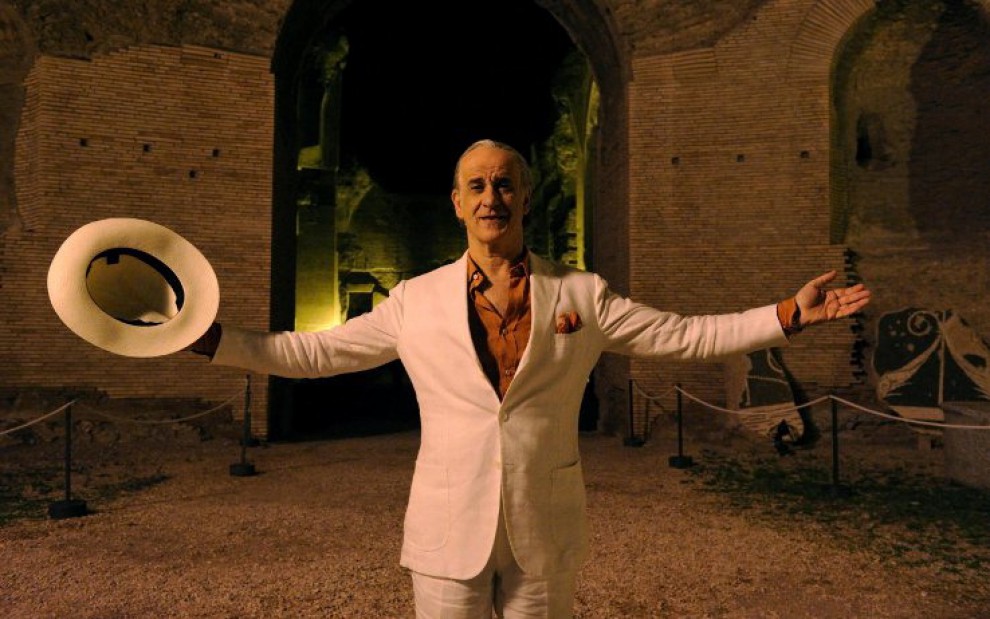“I have never read a novel in my life. There are only so many hours in the day and I have decided to fill them with activities rather than made-up stories” – Paul Dolan, Professor of Behavioural Science, London School of Economics
In my posts about happiness I don’t only write about reality, sharing experiences from travels and other activities or knowledge from scientific research on how our happiness works. For me, writing about happiness also means writing about the imagined worlds of literature, arts, and movies.
Happiness in made-up stories
When I have the time, I like to read and let the stories bring me to new places and join the characters on their journey through life. I agree with Paul Dolan, quoted above, when he recommends an active life. It’s true that being active is one of the ways to well-being. But I also have a vivid imagination. Contrary to Dolan, I think that made-up stories can result in real experiences, such as a feel of calm, excitement, or even happiness.
Anybody who has ever enjoyed a novel or a movie would agree. There are a few movies that require us to use all our senses to grasp its meaning. For me, La Grande Bellezza, is one movie that is just like that.
I recently re-watched the story about Jep Gambardella (played by Toni Servillo), at 65 years the king of the jet-set of Rome. He deserves his fame to a novel he wrote over 40 years ago. Currently, he passes his days at big parties, artistic gatherings, his rooftop terrace with hammock in front of the Colosseum, and altogether living a life of mundanity.
Hedonism
La Grande Bellezza, directed by Paolo Sorrentino and Oscar winner in 2014, is a story about Rome, about art, and ultimately about (un)happiness. Since the beginning of philosophy, we have been looking for the answer to the question: ‘what is happiness’?. Traditionally, two answers have been dominant to that question: hedonism and meaning.
Let’s take hedonism, also known as utility or pleasure, first. This form is very much present in La Grande Bellezza. Objectively, Jep’s life is great: he attends the big parties and shows in town, he eats when he wants, sleeps with women when he wants. Jep describes the aim of his life in Rome as follows:
When I came to Rome at the age of 26, I fell pretty swiftly into what might be defined as the whirl of the high life, but I didn’t just want to live the high life, i wanted to be the king of the high life. I didn’t just want to attend parties, I wanted the power to make them fail.
Meaning
The second answer to the question ‘what is happiness?’ is meaning. At the same time as being the king of the high life, Jep is an artistic soul, observing the silence, his sentiments, emotions, and his fears… As a journalist and writer, but also as an individual, he is interested in the misery of human beings.
I was destined to be sensitive. I was destined to write. I was destined to be Jep.
La Grande Bellezza is a movie from which you can extract different messages or meanings. For me, the story of Jep is one of a failure to find happiness in meaning. His artistic career kicked off with a bang over forty years ago, when the girl he loved inspired him to write a revolutionary piece of literature. But with the girl, also his ability to write these kind of novels is gone. With the meaning lost, he tries – and fails – to find happiness in hedonism.
The wisdom to enjoy our live
In a sense, Jep is the most tragic of characters in a tragic movie. At the same time, La Grande Bellezza is a story that beautifully grasps many concepts about the beauty of life. If beauty is the ability and wisdom how to enjoy our life, as I read as a comment to a YouTube video with part of the soundtrack, there is not so much beauty in La Grande Bellezza as it may seem at first.
Beauty is the ability and wisdom how to enjoy our live

